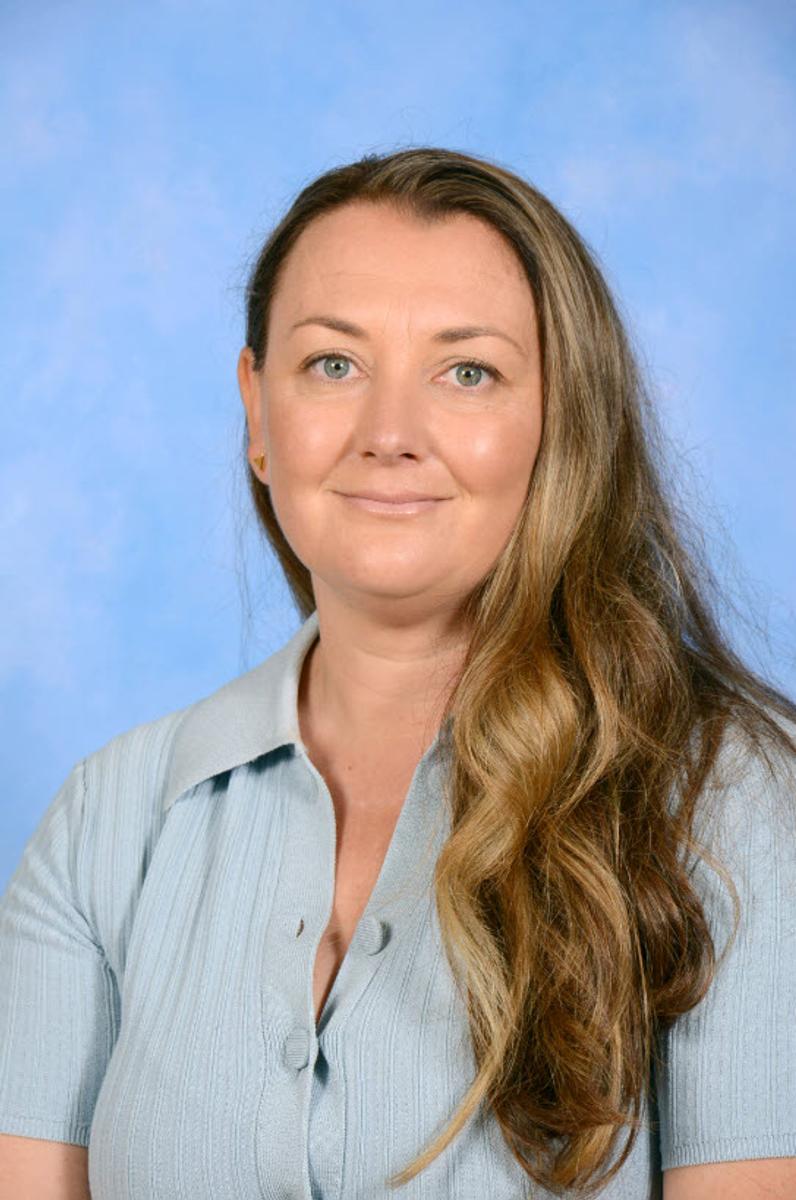Assistant Principal's Message

Naplan
NAPLAN assessments will take place from Wednesday 15 March to Friday 17 March. Students will undertake assessments in Writing, Grammar and Punctuation, Reading and Numeracy over the 3 day period. Students will need to have their device charged and their headphones at school each day.
Home - School Partnerships
Research has found that parental or family involvement in school-based learning activities is correlated with improved student outcomes. Home-school partnerships promote the positive impact they can have on students’ motivation, engagement, behaviour, and academic and social outcomes. As education or the way we have taught may have changed you may find yourself asking how can I effectively help my child/ren.
Here are some tips with helping your child with learning at home:
Reading
- Read aloud to your child: Reading aloud to your child is one of the most important things you can do to support their reading development. It helps to build their vocabulary, comprehension, and listening skills.
- Create a reading-friendly environment: Provide a comfortable and quiet space for your child to read, and make sure they have access to a wide range of age-appropriate books.
- Encourage your child to read on their own: As your child becomes more confident in their reading skills, encourage them to read independently. This helps to build their fluency and comprehension skills.
- Help your child practice phonics and phonological awareness: Phonics and phonological awareness are key building blocks for reading. You can help your child practise these skills by playing games and doing activities that focus on letter sounds, syllables, and words.
- Talk to your child about what they are reading: Asking your child questions and discussing the books they are reading helps to build their comprehension skills and encourages a love of reading.
- Be a reading role model: Children learn by example, so make sure to lead by example, let your child see you reading and make it a fun activity.
- Be patient and supportive: Learning to read can be challenging, so be patient and supportive of your child's progress. Remember that every child learns at their own pace and in their own way.
Phonics and phonological awareness:
- Letter sounds: Play games that involve matching letters with their corresponding sounds. For example, you can make flashcards with letters on one side and pictures of objects that begin with that sound on the other side. Have your child match the letters with the pictures.
- Syllables: Play games that involve counting syllables in words. For example, you can clap out the syllables in words or use your fingers to tap them out.
- Rhyming words: Play games that involve identifying words that rhyme. For example, you can give your child a word and ask them to come up with as many words as they can that rhyme with it.
- Blending sounds: Play games that involve blending sounds to make words. For example, you can say a series of sounds (such as "c-a-t") and have your child blend them together to make the word "cat".
- Word families: Play games that involve identifying words that belong to the same word family. For example, you can give your child a word like "cat" and ask them to come up with other words that have the same ending sound (-at, -et, -it, etc.).
- Reading short words: Practise reading short words that contain the sounds your child is currently learning, like "cat", "dog", "sun", "top"
- Reading aloud: Encourage your child to read aloud to you, it will help them practise their decoding skills and fluency.
Reading Comprehension (understanding what they are reading)
- What was the main idea of the story?
- Who were the main characters in the story?
- What problem did the characters face in the story?
- How was the problem resolved?
- Can you summarise the story in your own words?
- How did the characters feel at different points in the story?
- What was the setting of the story?
- What was the most exciting or interesting part of the story for you?
- What did you learn from reading this story?
- What might happen next in the story if it continued?
- What was the author's purpose for writing this story?
- What do you think the title of the story means?
- Were there any parts of the story that confused you?
- Did you like the story? Why or why not?
- Can you make any connections between this story and your own life or experiences?
Mathematics:
Foundation - Year 2
- Number flashcards: Make flashcards with numbers on one side and the corresponding number of objects (e.g. dots, blocks, or pictures) on the other side. Have your child match the number with the correct number of objects.
- Number puzzles: Cut out numbers and have your child match them to the correct spot on a number chart or puzzle.
- Counting games: Play counting games with your child, such as counting the number of objects in a jar or the number of stairs you climb.
- Number bingo: Create a bingo board with numbers on it, and have your child match the numbers called out to the numbers on their board.
- Number memory: Make a set of number cards and play memory with them.
- Math story: Create a simple story with numbers and mathematical operations, like "Once upon a time there were 3 apples, and then 2 more were added, how many apples are there now?"
- Number scavenger hunt: Hide numbers around the house and have your child find and match them to a number chart.
- Number songs and rhymes: Sing songs and recite rhymes that involve numbers, such as "Five Little Monkeys Jumping on the Bed" or "Ten in the Bed".
Year 2-6
Learning times tables is important because is provides a strong foundation for many areas of maths that students will encounter as they progress through their education. Multiplication is a fundamental operation that is used in many mathematical concepts, including fractions, algebra, and geometry. By memorising times tables, students can quickly and accurately solve problems that involve multiplication, which can save time and help them build confidence in their maths skills.
- Start with the basics and have your child memorise the multiplication tables for the numbers 1-10.
- Use visuals such as multiplication charts, flashcards, or apps to make learning times tables more fun and engaging.
- Create games that involve multiplication, such as bingo, memory, or multiplication war.
- Set up a daily practice routine with your child, such as practising times tables for 10 minutes every day.
- Make it a competition by timing your child as they practise and encouraging them to beat their own record.
- Use real-life situations to help your child understand the practical application of multiplication, such as counting money or measuring ingredients for a recipe.
- Use music to help your child memorise times tables. There are many catchy multiplication songs available on the internet.
- Encourage your child to teach someone else what they have learned about multiplication. Teaching is a great way to solidify knowledge.
- Celebrate your child's successes and progress as they learn their times tables.
- Stay positive and patient with your child, and remember that everyone learns at their own pace.
These are just a few examples, there are many other games and activities that can be used to help children learn. The key is to make it fun and interactive, and to find activities that your child enjoys.
Suada Dzaferovic
Assistant Principal
Breakfast Club
Did you know Toorak Primary School have a breakfast club? Our breakfast club operates every Monday, Wednesday and Friday from 8:45-8:55 and students can choose to have a small milk, fresh apple or a fruit cup.
A healthy diet is important to ensure students are able to concentrate to achieve their best at school. At school we have a designated fruit break at 9:55am and we allow 15 minutes for students to eat their lunch in the classroom. There are no sales from the canteen window so students do not have to bring money to school.
Exercise is strongly encouraged through our sport program with Mr Chapman and year level sports with classroom teachers. It is great to see so many students engaging in basketball, soccer and playing on the playgrounds. Students have been fantastic at wearing hats during these times and we continue to encourage them to do so!
Leila Sheehan
Acting Assistant Principal

